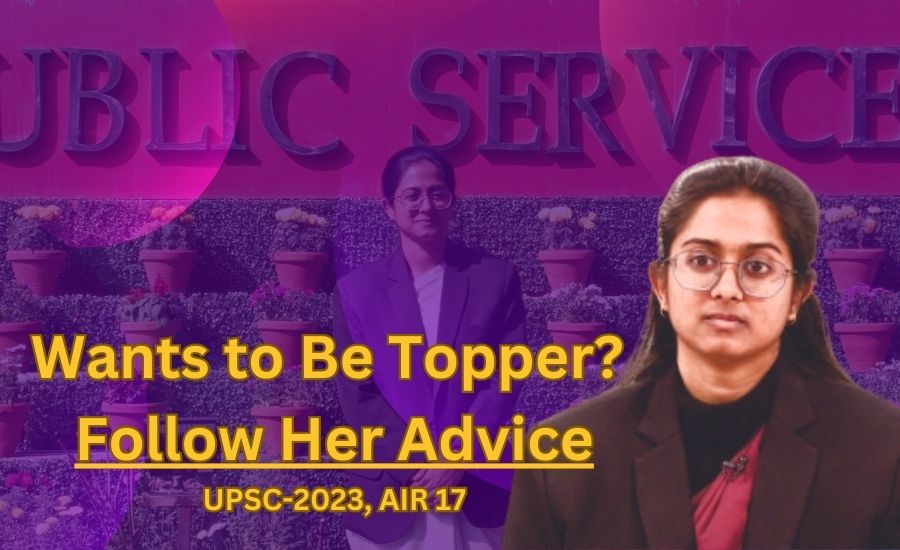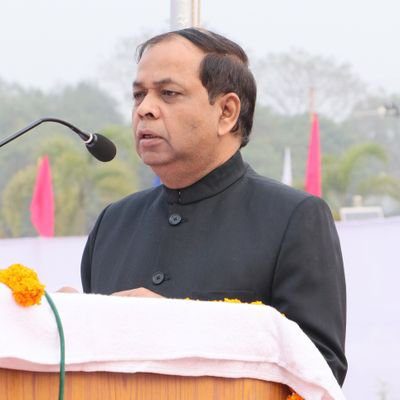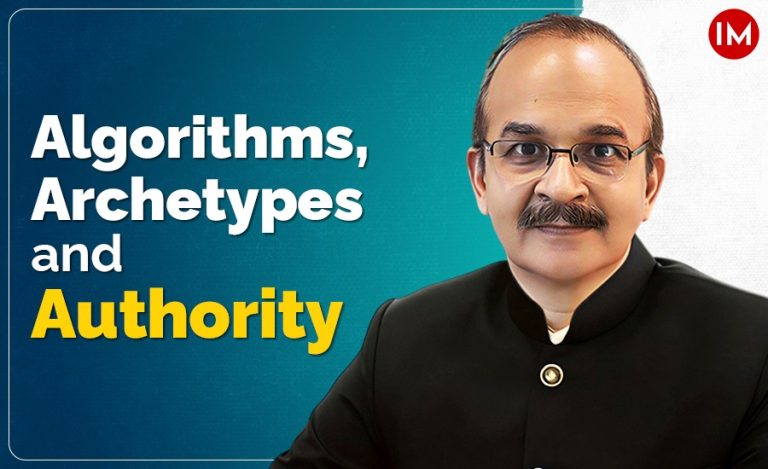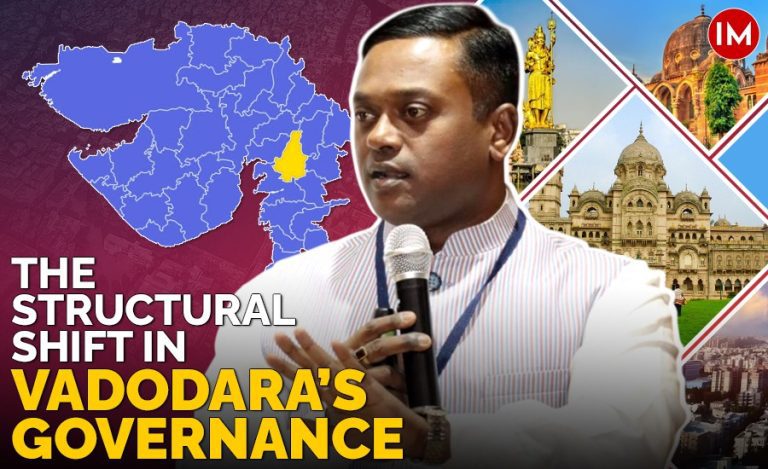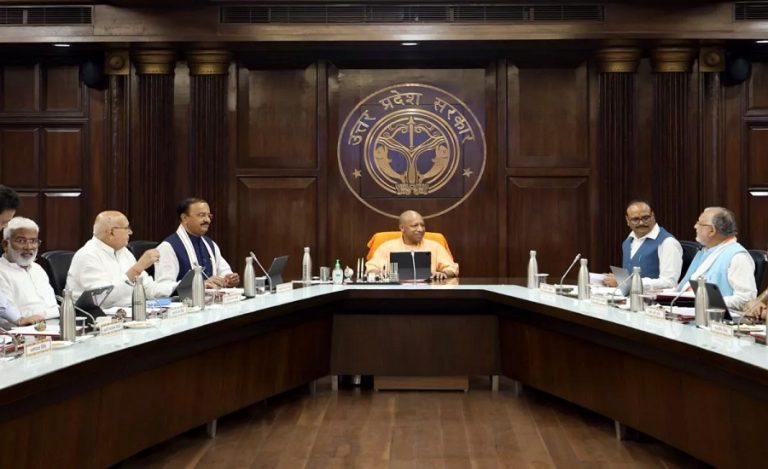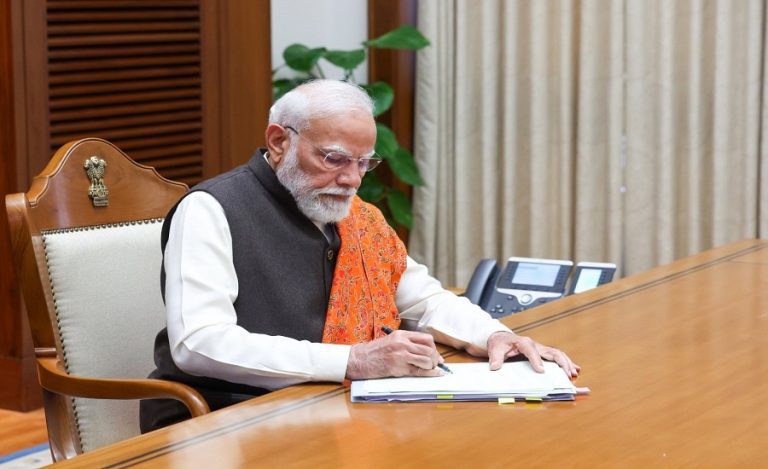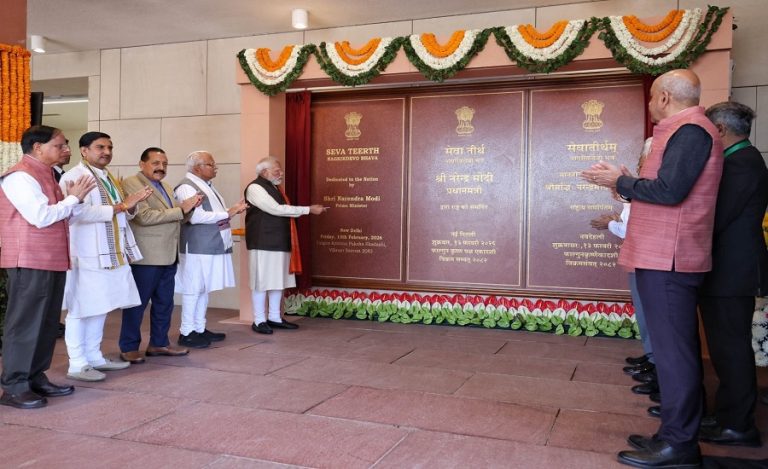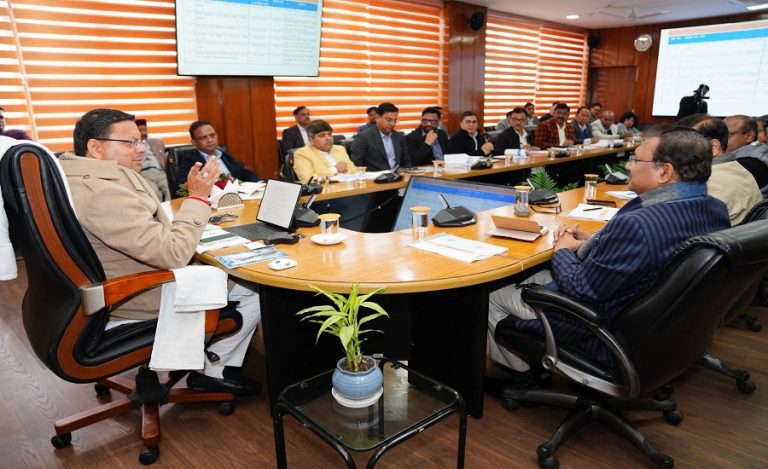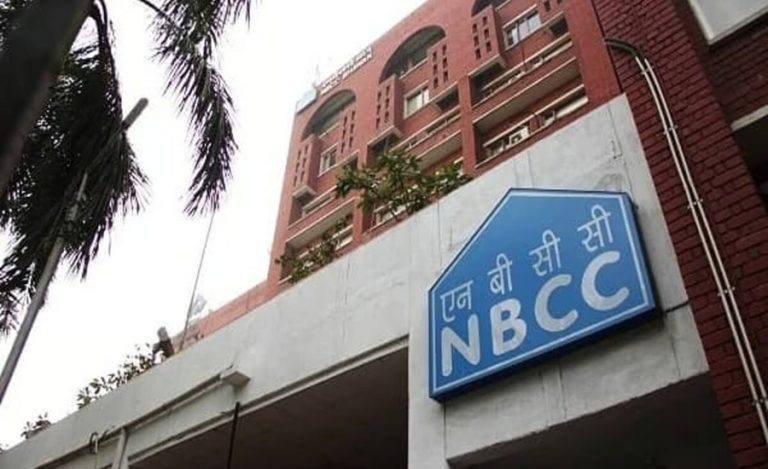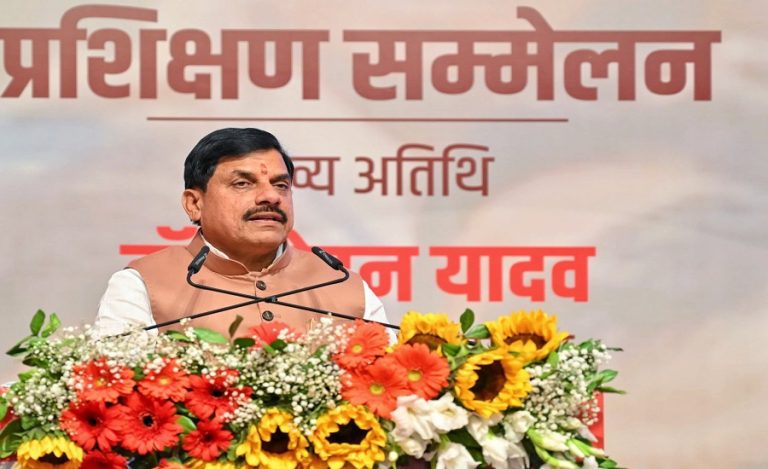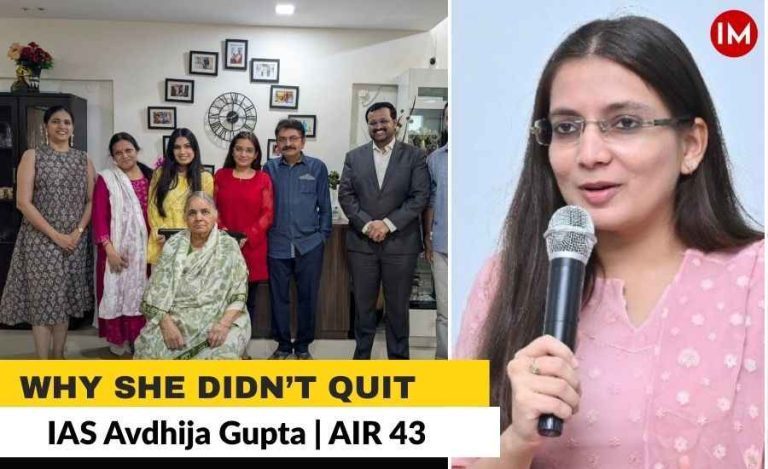Jamshedpur, though renowned for its industrial prowess, isn’t typically associated with the bustling UPSC preparation hub akin to Delhi or Hyderabad. For Swati Sharma, this lack of a conducive atmosphere for UPSC preparation posed a significant challenge from the outset. With limited guidance and resources at her disposal, she embarked on her UPSC journey armed with little more than her determination and fervent ambition.
Finally, she cracked UPSC CSE-2023 and fulfilled her dream. Swati’s biggest challenge manifested during the preliminary stage. Facing the daunting UPSC Prelims, she encountered setbacks that tested her resolve to the core. Despite her meticulous preparation, Swati stumbled, even failing the CSAT component. However, undeterred by initial setbacks, she refused to succumb to despair. Instead, she harnessed these failures as stepping stones towards her ultimate goal.
Speaking exclusively with Indian Masterminds, she narrated her inspiring journey.
JOURNEY SO FAR
She began her preparation while doing her graduation with the help of NCERT books. She made her first attempt at UPSC CSE-2021 but could not crack even prelims. In her next attempt in UPSC CSE -2022, she was again unable to pass prelims. Though it was heartbreaking for her, she never got distracted and focused on her goal.
In her third attempt in UPSC CSE-2023, she cracked the exam with the All India rank 17 and is now going to become an IAS officer.
“My journey has been very challenging. Additionally, patience has played a significant role in the end. Patience is crucial during a five-year-long journey.” She said.
MISSING IN THE FIRST TWO ATTEMPTS!
What was missing in the first 2 attempts that Swati was not selected? She said, “Prelims have been the biggest obstacle for me in my entire journey because my ability to answer MCQs (Multiple Choice Questions) was not that strong at the time. I also failed CSAT in my second attempt. That’s why I took a crash course for CSAT. Perhaps this was the most challenging aspect for me. When it improved, I got selected.”
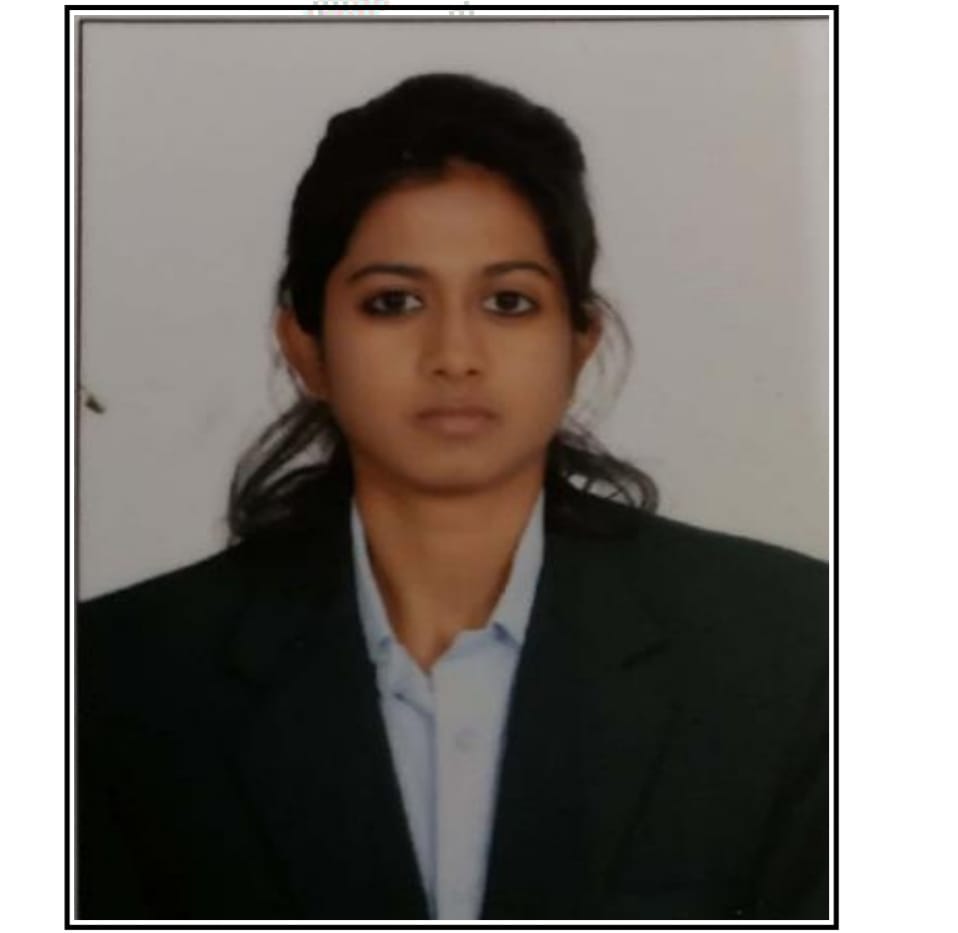
BACKGROUND
She originally hails from Jamshedpur, Jharkhand. Her father has retired from the Army and currently serves in TATA, while her mother is a homemaker. She has an older brother who also works at TATA.
She did her basic education at various Army schools. She completed her 12th from Tagore Academy, Jamshedpur.
She received her graduation (BA) in Political Science (Hon) from Jamshedpur Women’s College, Jamshedpur, in 2019. At that time, she was not fulfilling the age criteria for UPSC, so she waited for one year and then started to attempt UPSC.
She mentioned that her interest in civil services was ignited by political science classes in school.
UPSC PREPARATION
She never joined any coaching for preparation, except for the CSAT crash course and Test Series.
Swati said, “There were numerous challenges at the outset due to the lack of guidance. The environment in Jamshedpur differed significantly from that required for UPSC preparation, leading to some initial difficulties. Despite attempting to formulate strategies by studying the approaches of successful candidates online, repeated failures persisted.”
Consequently, in November 2022, she decided to relocate to Delhi, where she found a supportive circle of friends with whom she could prepare effectively, fostering an environment conducive to studying.
“In addition to that, YouTube videos also helped her,” she added.
She dedicated 8 to 9 hours to studying daily, although there were occasional deviations from this schedule.
She also made it a habit to take breaks from studying every 15 days, which she found rejuvenating. As the exam approached, approximately 2 months prior, she intensified her study hours to ensure comprehensive coverage of all topics during the revision phase.
For the prelims, she heavily relied on Previous Year’s Questions (PYQs) in addition to basic books and solved numerous practice papers.
She believes that solving practice papers helps identify areas of weakness and strength, enabling one to devise a more effective study strategy tailored to their needs.
Regarding the Mains, she meticulously prepared syllabus-wise notes, a practice that proved immensely beneficial. Her optional subject was Political Science and International Relations (PSIR).
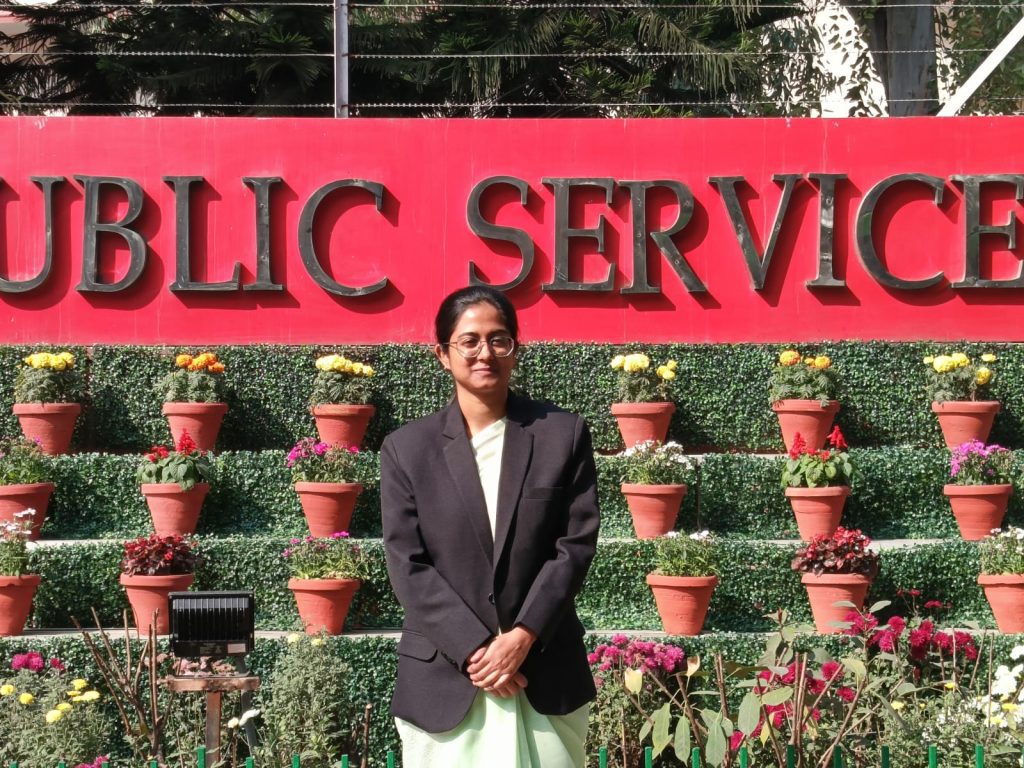
INTERVIEW QUESTIONS
Her interview went well. She was asked questions ranging from her optional subject, Political Science and International Relations (PSIR), to her home state of Jharkhand, as well as her hobbies.
One intriguing question involved a discussion on statistics. A board member asked her, “There’s a fan in the room. What’s the probability of it falling?” Though statistics weren’t Swati’s strong suit, she confidently replied with the answer 1 by 2, reasoning that it could either fall or not. Swati speculated that they might have been testing her presence of mind.
She was also questioned about the Jamtara region of Jharkhand, which is notorious for cyber-crime.
Another thought-provoking question centered on women’s empowerment, addressing the trend of men increasingly participating in household chores while women still bear the burden of both household duties and employment. Swati was asked for her opinion on this matter.
“Newspapers are a fundamental source of information for aspirants preparing for interviews. Additionally, staying aware of current events and issues in our surroundings is crucial,” she added.
MESSAGE
Giving suggestions to aspirants, she said, “Trust me, the syllabus is key here. Keep the syllabus in mind and learn every point of it. Study according to it only. If you feel a lack of guidance, then search for fellow aspirants, join the UPSC aspirant community, and try to learn from there.”
“Recognize your weaknesses as early as possible. Find the reasons why you are not qualifying, and then focus on rectifying them,” she further added.

